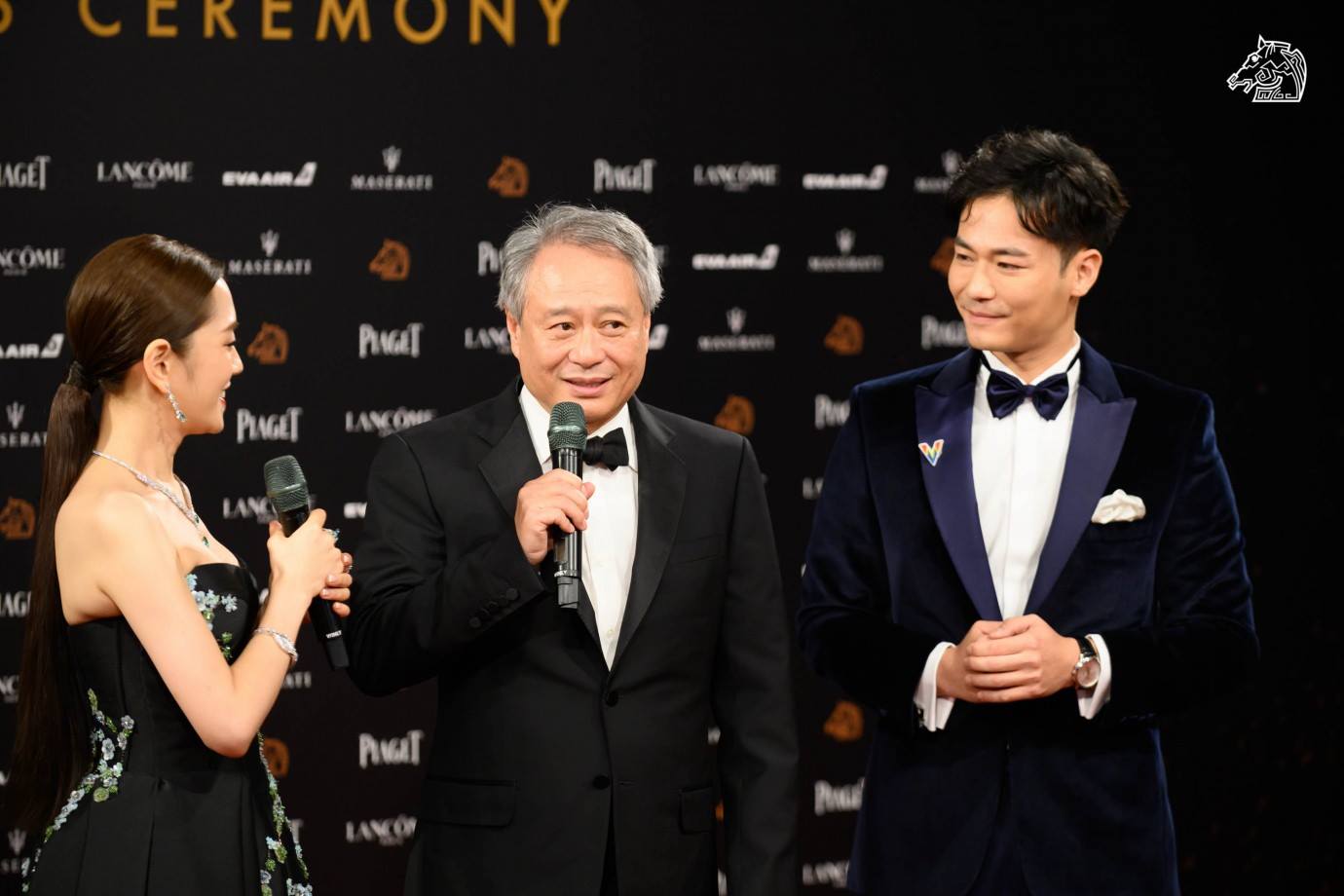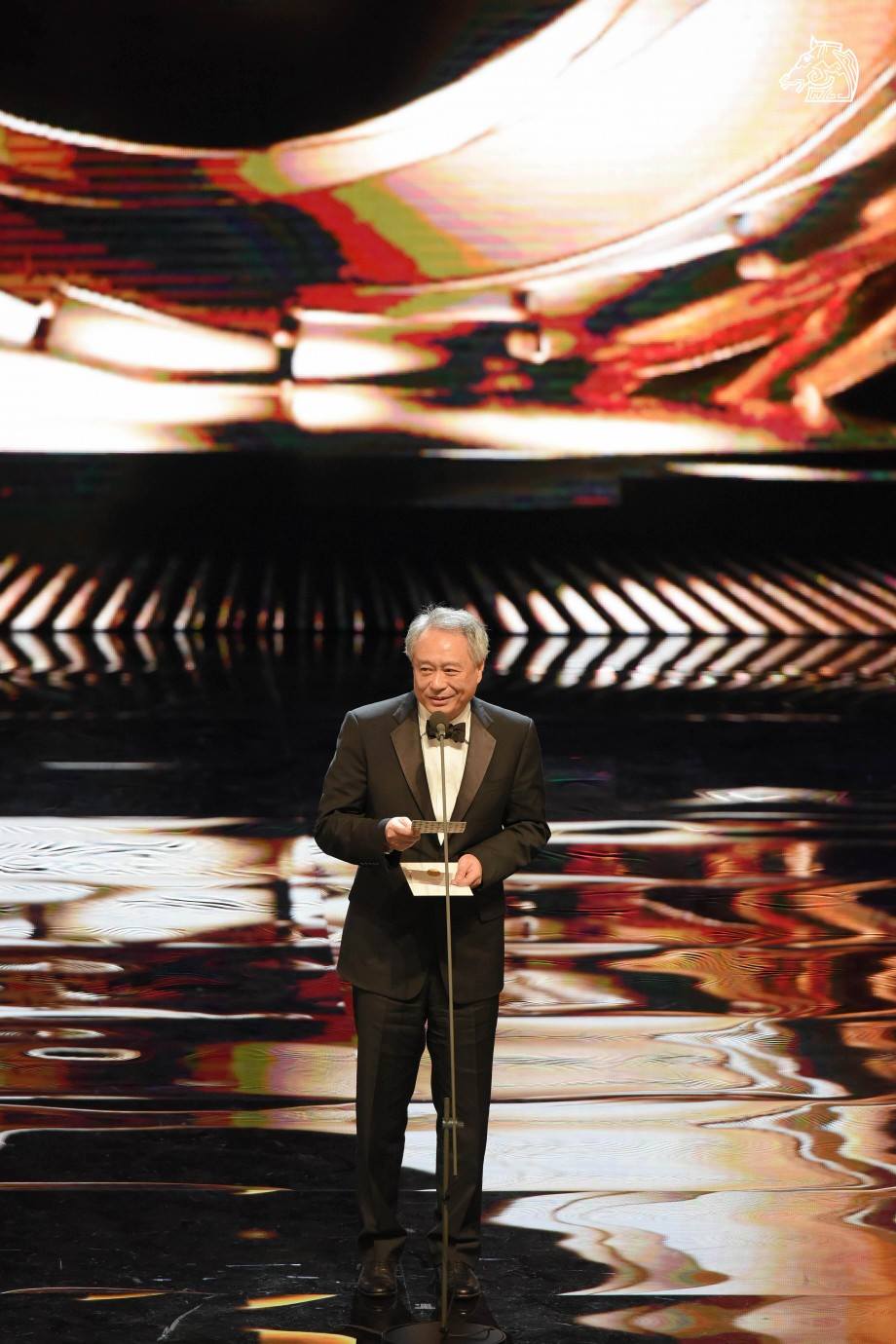
At the award ceremony of the 55th Taipei Golden Horse Film Festival (TGHFF) on 17th November 2018, Taiwanese filmmaker Fu Yue, winner of the best documentary award with her work Our Youth in Taiwan, walked on the stage. In the last part of her acceptance speech, she said, “I really hope that, one day, our country can be treated as a truly independent entity. This is my greatest wish as a Taiwanese.” Her politically charged remark sparked a firestorm surrounding this sensitive issue that the film industry has long attempted to ward off.
During his first year as the chair of the Golden Horse Executive Committee, Ang Lee made a major breakthrough when he convinced the award-winning Chinese actress Gong Li to head the jury. Four years ago, Gong expressed her dissatisfaction with the awards’ selection criteria through her agent. She accused the jury of being unjustifiable and even threatened to never attend the ceremony again. Her acceptance of the position under Lee’s mediation provoked heated discussion after the list of juries was announced earlier in the year.
Gong this time proved the fairness of the jury. The best documentary went to Our Youth in Taiwan. Best feature film was awarded to An Elephant Sitting Still, whose director had committed suicide and which was, for convoluted reasons, not able to be screened in theatres in China. Our Youth in Taiwan documents the experiences of a Taiwanese and a Chinese student partaking in social movements. They include the Sunflower Movement which protests against the Cross-Strait Service Trade Agreement that Taiwanese and Chinese governments were about to sign. Even though the documentary was considered sensitive, as it touched upon this political issue, it still received the award. However, Fu’s subsequent speech was deemed by the Chinese authorities as ‘pro-independence’, the television streaming of the ceremony in China thus went black right away. Shortly after, Fu’s social media accounts were inundated with vicious comments and irrational attacks from Chinese internet users.
Unaware of the enigmatic relationship between Taiwan and China, and the latter’s longstanding aggressiveness on the cross-strait issue, one might find it hard to understand why an award recipient’s speech can make Chinese filmmakers’ restless and anxious in their seats. When Chinese actor Tu Men, the recipient of last year’s best actor award, walked on stage as a presenter later, he referred to the award as the Golden Horse Ceremony in “Taiwan, China”, a move many interpreted as proving ‘loyalty’ to the Chinese authorities. Numerous celebrities, present or not at the ceremony, also made their stance clear by retweeting a Chinese map that included Taiwan with a superimposed national flag on Weibo, a Chinese social media website. Gong later refused to join Lee onstage to present the award for best feature film; she didn’t explain the selection process to the press either, which was unprecedented for a jury chair. From the collective absence of Chinese filmmakers at the post-ceremony dinner, it’s discernible that Chinese authorities had swiftly given some sort of instruction following Fu’s speech, intervening TGHFF, a feast of art and culture, with politics.

Plenty of after effects followed the ceremony, including various rumors. Let us first put many harsh accusations from Chinese internet users aside, since the information they receive is relatively unitary. In terms of Taiwan, disparate opinions were expressed. Some condemned Fu for purposefully ruining the cross-strait relationship at an occasion meant to be artistic; thinking her act not only embarrassing for the TGHFF and Ang Lee, but also put the livelihoods of many Chinese sponsor companies and their staff in danger. Others even described her as a suicide bomber who injured the innocent to defend her personal belief; still there were those who complimented her courage to speak out about the illusion of peace and voice out her belief. As Fu’s work is centred on the discussion of current social issues, her acceptance speech proved reasonable and shouldn’t become the target of attacks. It is the bullying autocratic power that deserves public judgement.
It is difficult to tell right from wrong in all the voices. Yet undeniably, this event raised international attention that enables those long failing to differentiate the Republic of China (Taiwan) from the People’s Republic of China; to know the differences between the two political entities.
Many are concerned that the award and Ang Lee might be affected by this event. According to the festival office, everything has been working as well as they usually do. They are producing a final report to close the festival’s case and at the same time preparing for the 10th anniversary of the Golden Horse Fantastic Film Festival next year. Ang Lee will also carry on heading the festival. In fact, TGHFF has become an unshakable international award in the world of the Chinese-language cinema. The festival has a rich and strong vitality, while Lee’s artistic achievement is hard to tremble. There is no knowing if the award next year is going to be affected, but just as Lee said, “Taiwan is a free land. Let art be art.” I hope that the Festival continues holding its belief and never stops serving art.
 No products in the basket.
No products in the basket.